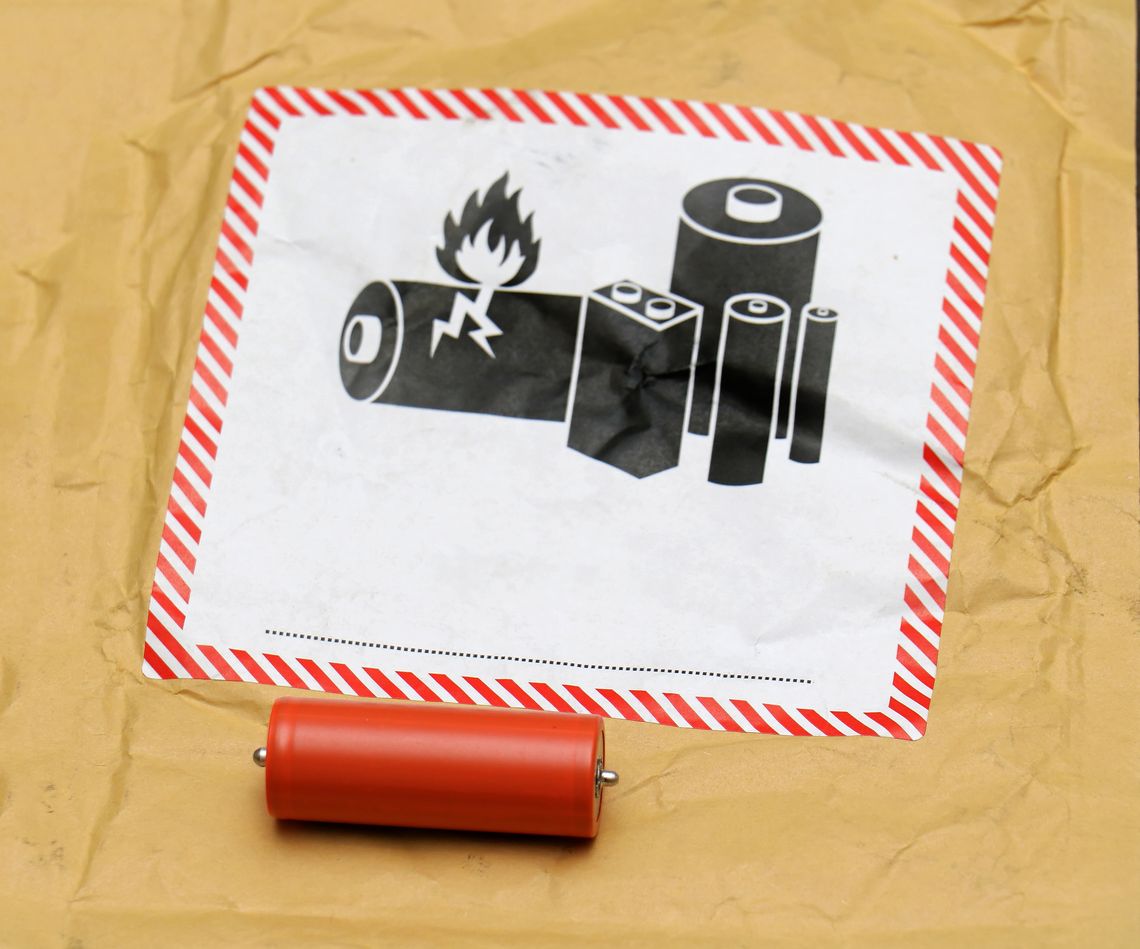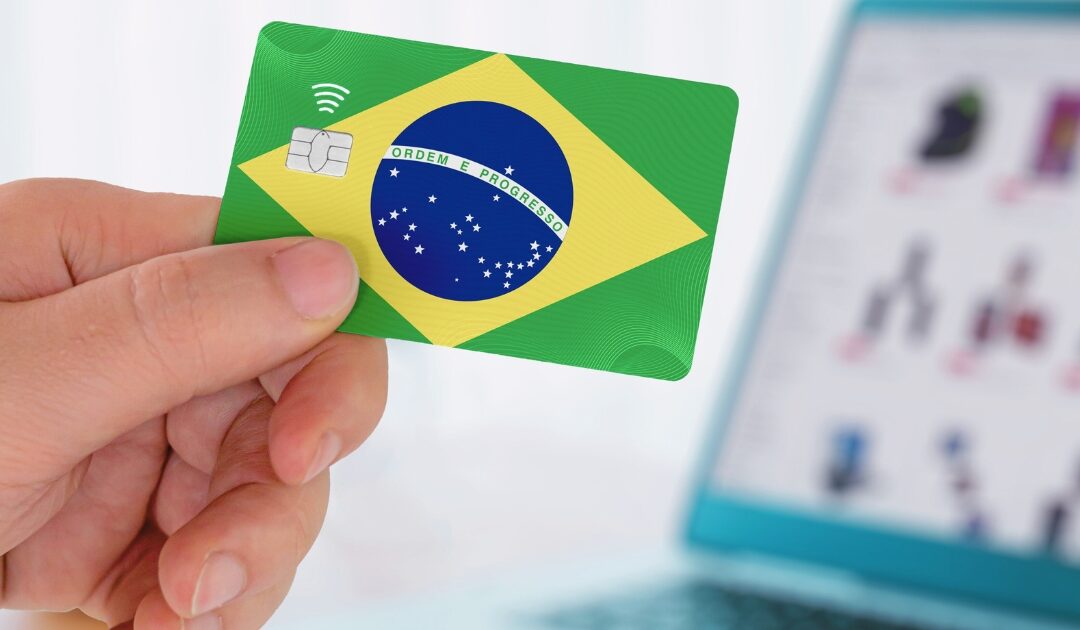One of the first things to know about your products is where they can be shipped. Countries prohibit or restrict the import of specific products, and it’s important to know up-front whether your products run the risk of being denied entry, returned, or abandoned. Some countries may even impose fines or charge a fee to dispose of prohibited products. On a positive note, many businesses have discovered new global markets by reevaluating their product details and realizing that they can indeed export internationally.
Understanding Import Restrictions 📦🚫
Prohibited vs Restricted ❌🆚❗
Import restrictions can vary widely from country to country, and it’s important to be aware of the distinction between “prohibited products” and “restricted products.” While these terms may sound similar, they have distinct meanings and implications. Some products may be prohibited altogether, meaning they cannot be imported under any circumstances, while others may be imported under certain conditions. Prohibited products are strictly forbidden to be imported into that country because they are considered to be dangerous, illegal, or carry health, security, or environmental risks. Restricted products are not prohibited outright, but may be imported if they comply with additional regulations. These products are subject to stricter scrutiny and may require licenses, certificates, permits, or other documentation to be imported.
Customs or Product Restriction 🛃📝
Shipping products internationally requires compliance with both customs & trade rules as well as market restrictions by product. These regulations vary by country and can be complex to interpret. For example, some countries prohibit the importation of cosmetics, while others restrict the ingredients, chemicals, and even concentration level. A product may clear customs, but face regulatory enforcement from the local health authority if market licensing and notification requirements are not followed.
Prohibited Products ❌📦
The list of prohibited products is extensive and varies across countries due to legal, safety, or logistical restrictions. While it is not exhaustive, here are some examples of commonly prohibited items in international shipping:
🔫💣 Firearms, Ammunition, and Weapons
Shipping firearms, ammunition, firearm accessories, and anything that could be considered a weapon is heavily restricted or prohibited.
💊 Controlled Substances
Drugs, narcotics, certain medications (prescription and non-prescription), and even CBD are generally not allowed to be shipped internationally without proper authorization.
🐖 Animal Products
Health authorities are very strict on prohibiting the import of Products of Animal Origin (POAO) as they may pose safety risks.
🍎🥛 Perishable Food Items
Fresh or perishable food items, such as fruits, vegetables, and dairy products, pose similar health risks and are subject to strict customs regulations.
🐶 Pet Food & Treats
Many countries prohibit the import of pet food and treats because of the potential health risk to humans as these products are often made from animal parts that could carry diseases.
🍷🍺 Alcoholic beverages
Beer, wine, spirits, and other beverages containing intoxicating substances require a license to manufacture, sell, distribute, and import.
💵 Currency and Monetary Instruments
Shipping coins, cash, and even precious metals internationally can be restricted or subject to reporting requirements to prevent money laundering and illicit activities.
🌱 🌾 Agricultural Products
Most agricultural products, such as plants, seeds, fruits, and vegetables are prohibited to prevent the spread of pests, diseases, or ecological damage.
🚬💨 Tobacco, Vapes, ENDS
Tobacco products are highly restricted, as are electronic nicotine delivery system (ENDS) products and accessories like vapes and electronic cigarettes.
🪖⚔️ Military Equipment
Products that can have a military application, even night-vision goggles, certain electronics, lasers, sensors, navigation systems, advanced computing systems, and encryption software are highly regulated.
Restricted Products ❗
Restricted products are more nuanced because the regulations and requirements can vary by carrier, customs clearance program, and even distribution channel. For example, some countries have a “personal use exemption” that allows consumers to import restricted products for their personal use, so long as the quantity is limited and the product is not intended to be re-sold. Other countries only require import permits for restricted products if the quantity or value of the shipment means it must use a formal customs clearance program.
For direct-to-consumer (DTC) Brands, the three biggest product categories that often have additional import requirements are Vitamins & Supplements, Cosmetics & Personal Care, and Food & Beverage 💊🧴🍔. For all of these categories, the specific ingredients, chemicals, formulas, and concentrations often govern whether the product can be imported, or whether it will require an import permit or even a local distributor to act on the merchant’s behalf.
Another consideration is whether your products are Dangerous Goods that could be flammable or corrosive. These products must follow strict “dangerous goods” requirements and are generally prohibited from being transported on passenger aircraft. The most common dangerous goods are li-ion batteries, perfume, and nail polish as they are all flammable.🔥💣💅
How Passport Can Help
Passport’s team of licensed customs brokers and trade advisors can help you understand the customs and trade regulations for your products. From proper commodity classification and description of goods to reduced customs holds to an evaluation of restrictions and prohibitions by product, our goal is to help you be successful in selling to international consumers.
If you’re interested in learning more, contact our team here.




